Let’s be honest: if someone told you ten years ago that “every home will be on the blockchain,” you’d probably laugh, nod politely, and carry on with your day. But now? The idea doesn’t sound so far-fetched. With real estate blockchain platforms gaining ground, tokenized property deals happening globally, and even some government interest, the question feels less like “if” and more like “when.”
Still, it’s complicated. And a little weird. So let’s unpack it.

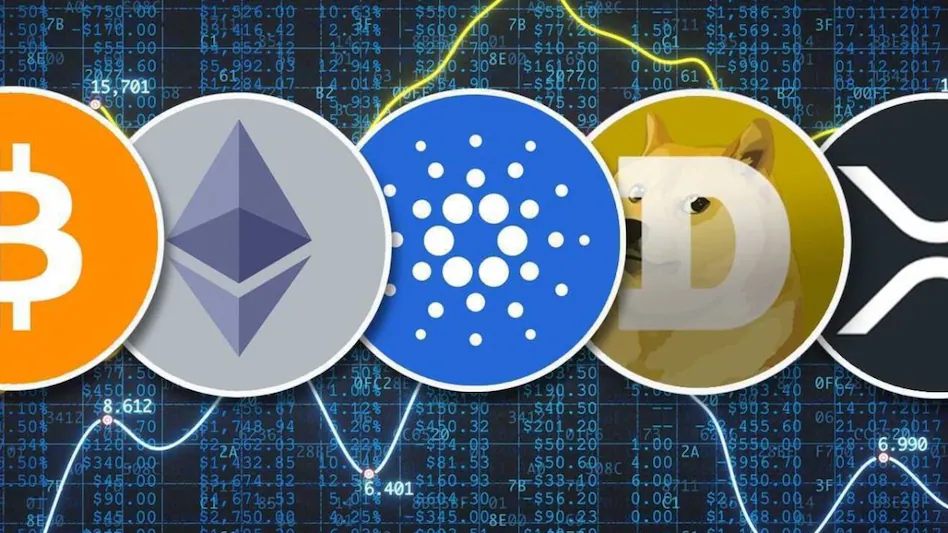
How Real Estate Blockchain Works (In Real Human Terms)
Before diving into the “will every home” part, let’s just clear up what real estate blockchain even means.
In a nutshell, it’s the idea of recording property ownership, transactions, or even mortgages on a blockchain — a secure, digital ledger that no one can easily tamper with. No middlemen needed. No stacks of paper contracts in filing cabinets. Just a few clicks (okay, more than a few… we’re not quite there yet) and boom: transaction recorded, timestamped, and verified.

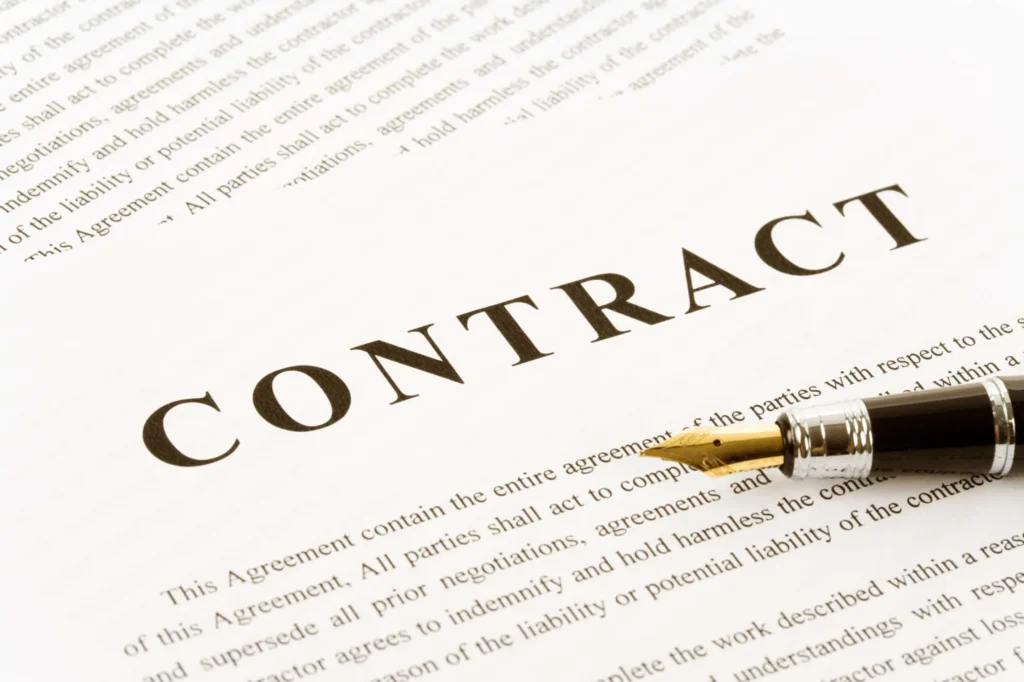
Some systems go even further, allowing people to tokenize a home. That means dividing its value into digital shares, which—yep—you can trade or invest in, just like stocks. Wild, right?
Real Estate Blockchain Could Fix Some Messy Stuff
Anyone who’s ever bought or sold a home knows the process is… not fun. You’ve got title searches, escrow accounts, confusing fees, notaries, and—depending where you live—a whole circus of red tape.
Blockchain could (in theory!) make this cleaner and faster. Imagine buying a house with your phone. The title gets updated instantly, payments are auto-processed, and all parties get a transparent record. No waiting weeks for paperwork to go through. No “lost” documents. Sounds dreamy, doesn’t it?
There’s also potential for more inclusive investing. Real estate has always been a game for people with capital. But with tokenization? Someone could invest $1,000 into a share of a building in Tokyo or Miami—without owning the whole thing.
That said… we’re still not talking mainstream adoption just yet.
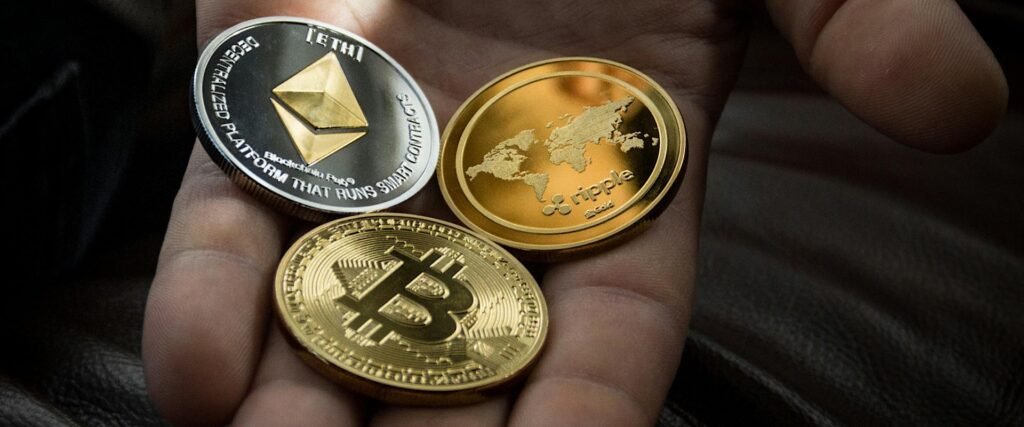
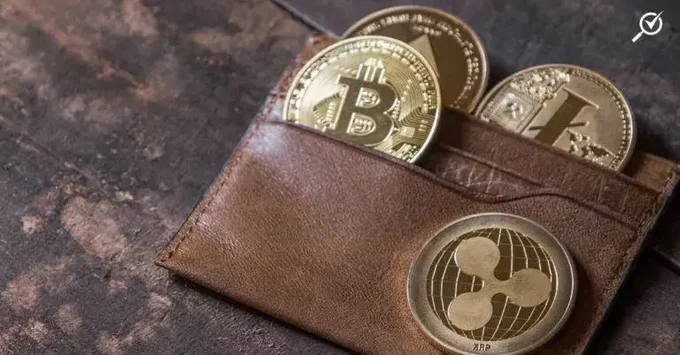
So, Will Every Home Be on the Blockchain?
Short answer? Probably not every home—at least not soon. But a growing number might be.
Here’s why: Governments are cautious, and legal systems move slowly (surprise!). Property law varies wildly from country to country, and in many places, the idea of using blockchain to replace official records still feels pretty radical. Plus, there’s the whole trust factor. Would you hand over your house deed to a system you don’t fully understand?
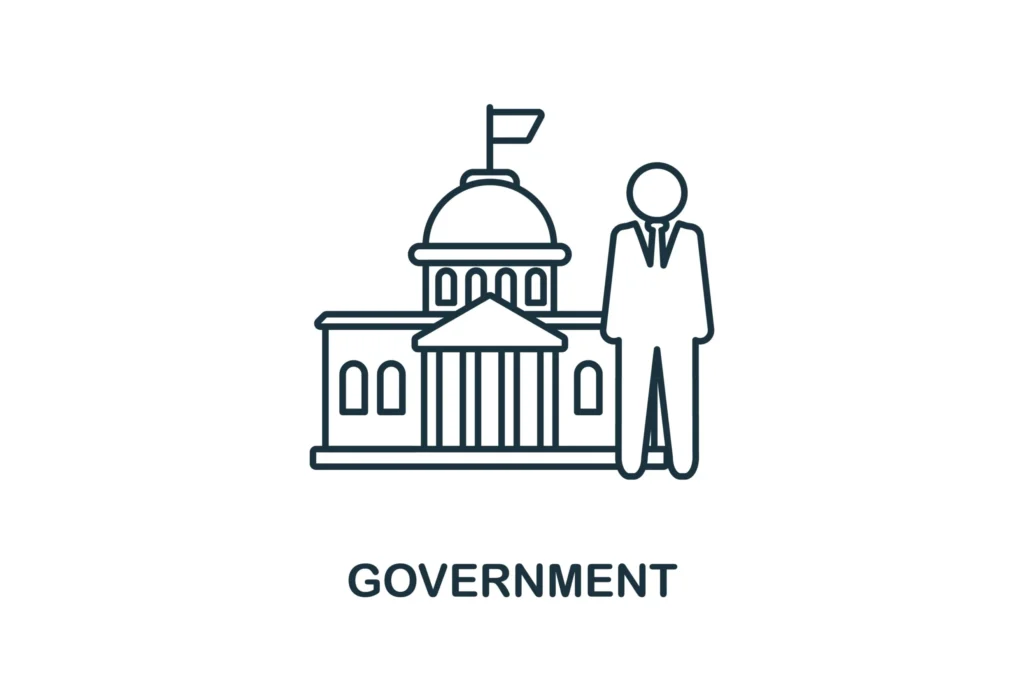
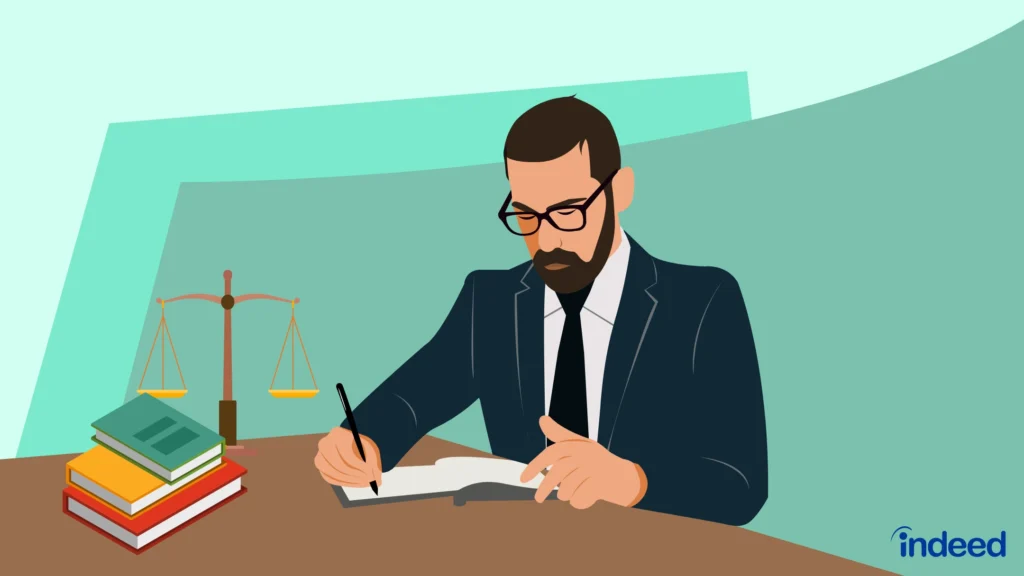
But, and it’s a big but—pilot programs are already happening. Dubai, for example, has been testing blockchain real estate initiatives. Some counties in the U.S. have flirted with it too. The wheels are turning.
And private platforms? They’re growing fast. From startups tokenizing luxury condos to DeFi-backed mortgage platforms, the real estate blockchain space is bubbling. Investors are watching. Some are betting big.
What’s Holding It Back (For Now)?
A few big things, actually:
- Legal Recognition: A blockchain record might be super secure, but if the local government doesn’t legally recognize it… it’s basically digital fan fiction.
- User Adoption: Let’s face it, your aunt who still prints out emails probably isn’t hopping on the blockchain anytime soon.
- Security & Standards: While blockchain tech is known for being secure, the platforms built on top of it vary—some are amazing, others, not so much. And there’s still no universal standard for real estate records on-chain.
Oh—and if you lose your private keys? Yikes. You’re not just locked out of your email. You might be locked out of your house ownership records, too.
The Takeaway on Real Estate Blockchain
So, will every home eventually be on the blockchain?
Maybe not. But many probably will. And for some investors, that’s enough.
The real estate blockchain world is still figuring itself out—legal frameworks are catching up, technology is evolving, and public trust is being built. But the fact that we’re even asking this question seriously now? That’s saying something.
One day, transferring property might be as simple as sending crypto. Or maybe we’ll still be chasing down notaries and signing stacks of papers. Hard to say.
But either way, you’ll probably want to keep an eye on this space. Because like it or not, the home of the future… might just live on the blockchain.
Relevant Link : Here





